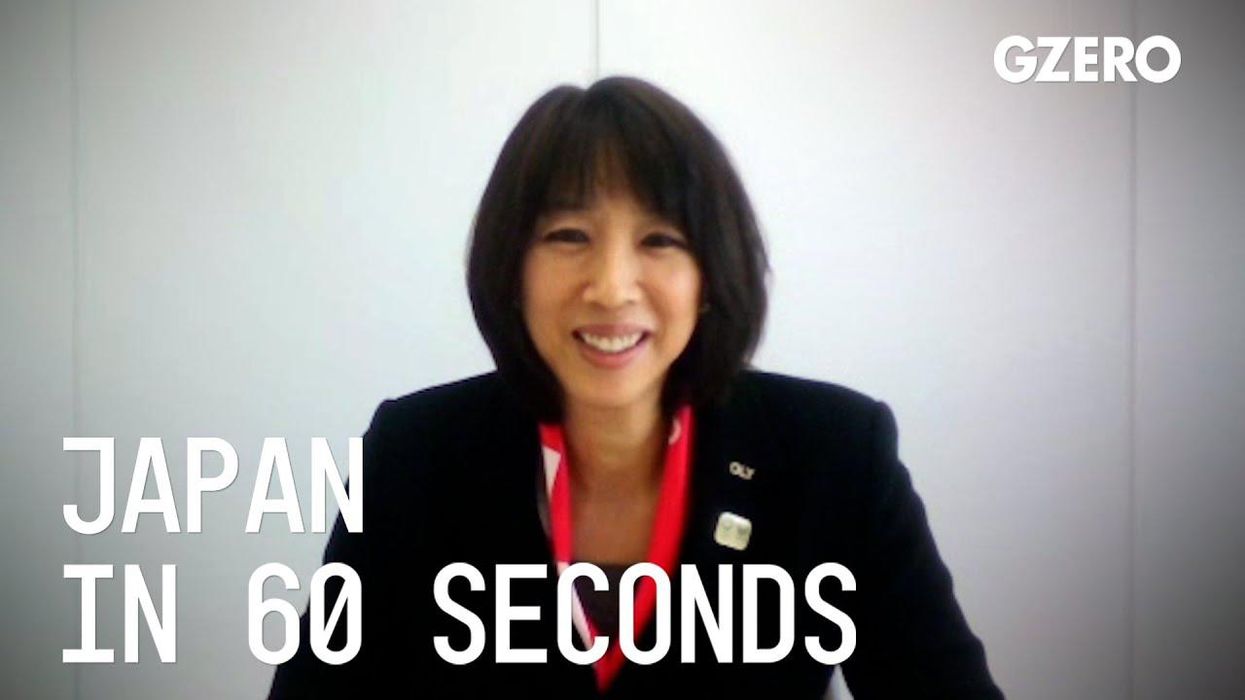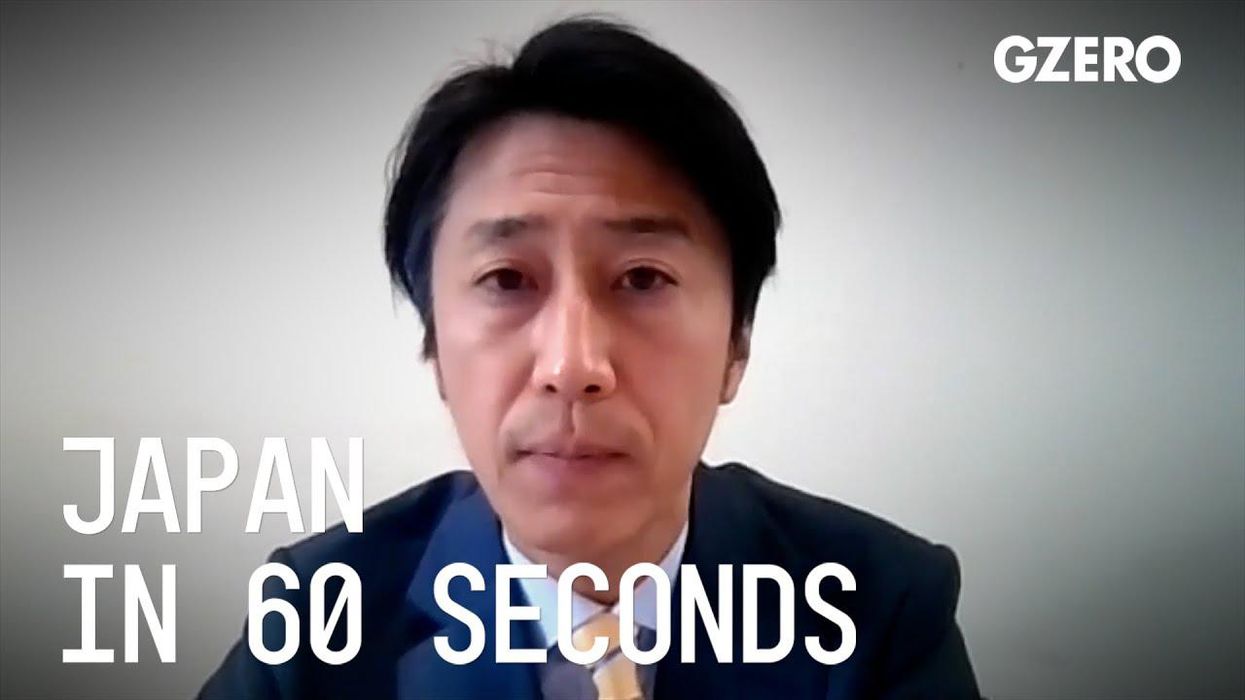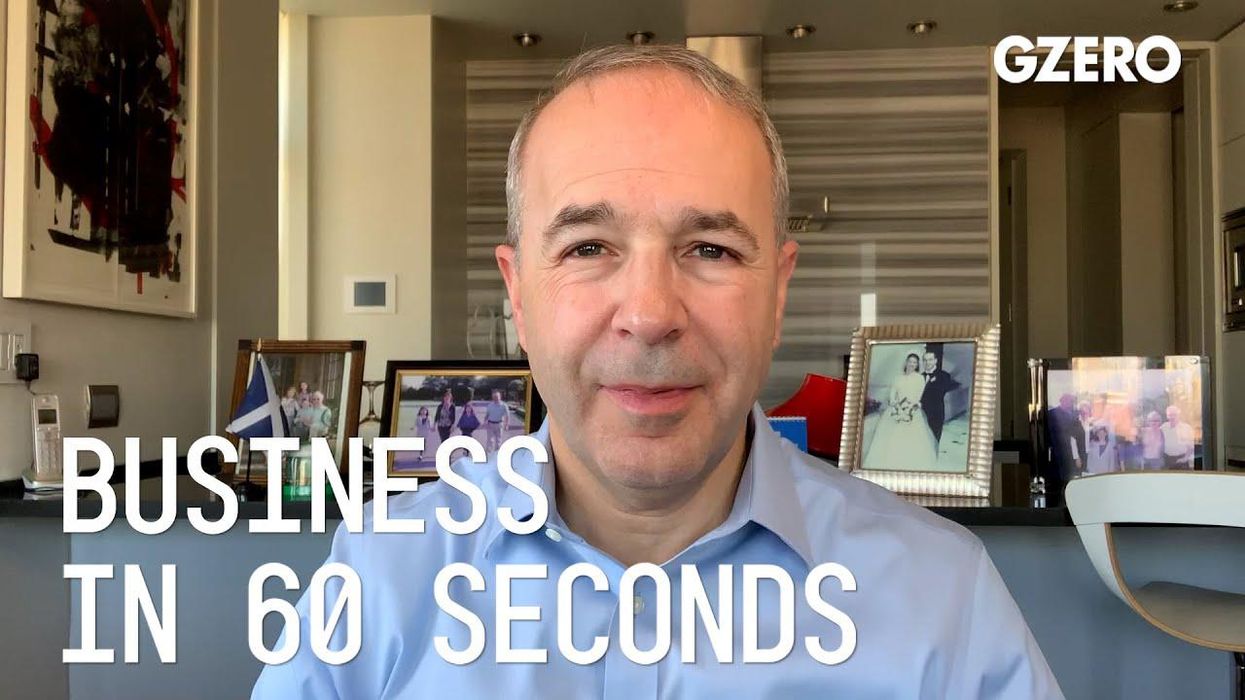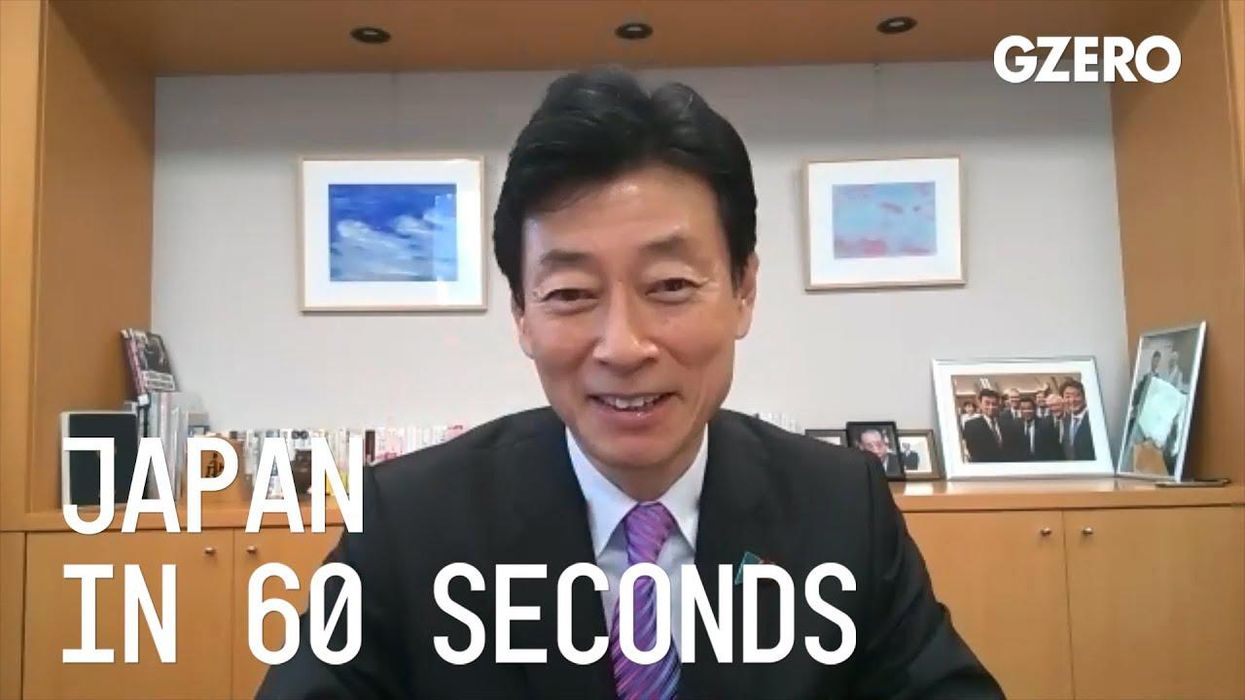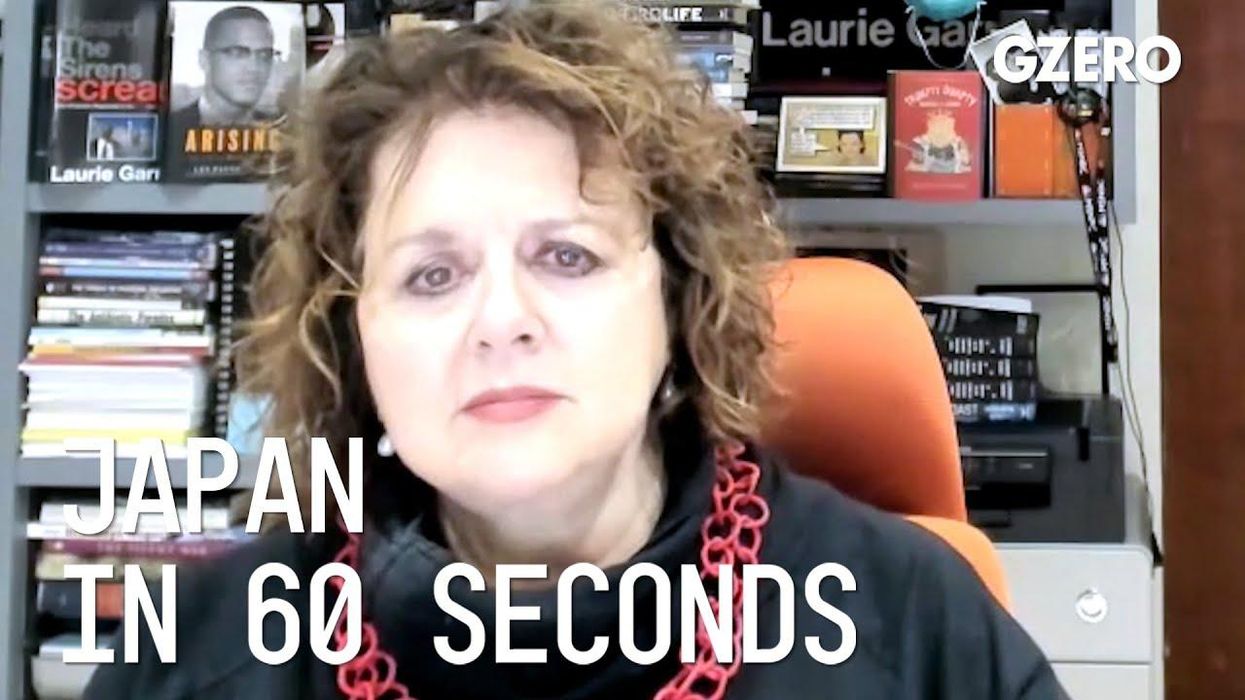Olympic Bronze medalist on safety of Tokyo 2020 Games
Meet Mikako Kotani, Sports Director of the Olympic and Paralympic Games for Tokyo 2020. The 2020 Games, postponed last year due to the COVID-19 pandemic, face unprecedented challenges for organizers and athletes.
